
|
|
|
|
|
|

|
|
|
|
|
|
| Biography |
|
Koç was an Assistant Professor at the University of Houston
(1988-1992), Assistant, Associate and Full Professor at Oregon State
University (1992-2007). He established Information Security
Laboratory at Oregon State University, and received Award for
Outstanding and Sustained Research Leadership in September 2001.
Koç now has positions in multiple organizations, and his
research is funded by several institutions, performed within
Koç Lab
that includes postdoctoral researchers, PhD and MS candidates,
and advanced undergraduate students.
Koç is the co-founder of the Conference on Cryptographic Hardware and Embedded Systems (1999) which is the second largest cryptography conference in the world. Koç is also co-founder of International Workshop on the Arithmetic of Finite Fields (WAIFI), Security Proofs for Embedded Systems (PROOFS), and Attacks and Solutions in Hardware Security (ASHES), that cover efficient software and hardware realizations of finite fields, and methodologies to increase the confidence level in the security of embedded systems and hardware cryptography. Koç organized and chaired Open Problems in Mathematical and Computational Sciences Conference, held in September 18-20, 2013 in Istanbul, Turkey and Cyber-Physical Security Education Workshop, held in July 17-19, 2017 in Paris, France. Koç is the founding editor-in-chief of the Journal of Cryptographic Engineering, published by Springer since 2011, with focus on cryptographic hardware and software development. Koç was elected as an IEEE Fellow in 2007 and IEEE Life Fellow in 2023 for his contributions to cryptographic engineering. Koç was in the editorial boards of IEEE Transactions on Computers (2003-2008 and 2015-2019) and IEEE Transactions on Mobile Computing (2003-2007). He was a guest co-editor of April 2003, November 2008, and November 2018 issues of the IEEE Transactions on Computers on cryptographic hardware and embedded systems, special-purpose hardware for cryptography and cryptanalysis, and cryptographic engineering in a post-quantum world. Furthermore, Koç was in the editorial board of International Journal of Foundations of Computer Science (2016-2021). Koç was a member of RSA Labs from 1991 to 1997, which was established and directed by Ron Rivest for developing the first unique cryptographic software implementations. At RSA Labs and later independently, Koç has designed, developed or made contributions to more than 50 cryptographic software and hardware systems. Among them are the cryptographic layers for RSAREF and BSAFE (RSA Labs), PGP (Pretty Good Privacy), CDSA (Intel), TOR (The Onion Routing), and also tens of embedded software and hardware IP cores. According to an estimation made in 2003, there were more than 4.5 billion copies of BSAFE running on devices and computers. The IP cores containing algorithms and architectures designed by Koç are found in products made by several companies including Texas Instruments, Intel, Samsung and Huawei. These algorithms and architectures are subjects of 13 US patents Koç co-authored. Koç is the co-author of 5 books published by Springer: Cryptographic Algorithms on Reconfigurable Hardware (2007), Cryptographic Engineering (2009), Open Problems in Mathematics and Computational Science (2014), Cyber-Physical Systems Security (2018), and Partially Homomorphic Encryption (2021). In addition to contributing to 7 conference proceedings as co-editor, Koç has authored 97 journal articles, 66 conference articles, 17 book chapters, and 17 technical reports. Koç supervised 23 PhD students and 40 MS students, and directed research theses of 6 undergraduate students. He is among the top 3 professors that supervised most doctoral theses in cryptography. His Google Scholar h-index is 47. According to the Stanford PLOS 2019 study, Koç has the rank of 103 among 17,080 computer science researchers receiving the highest citation in the world. Elsevier 2021 study gives Koç the rank of 96,710 among 200,000 the highest cited scientists in all fields. Furthermore, his recognition rank was 2,812 within 546,033 computer experts. Koç is among the top 100 Turkish scientists with most citations. He received the prestigious International Fellowship for Outstanding Researchers award from TÜBİTAK (Turkish Scientific and Technological Research Council) in January 2020.
* Koç is pronounced as "Coach" |
| |
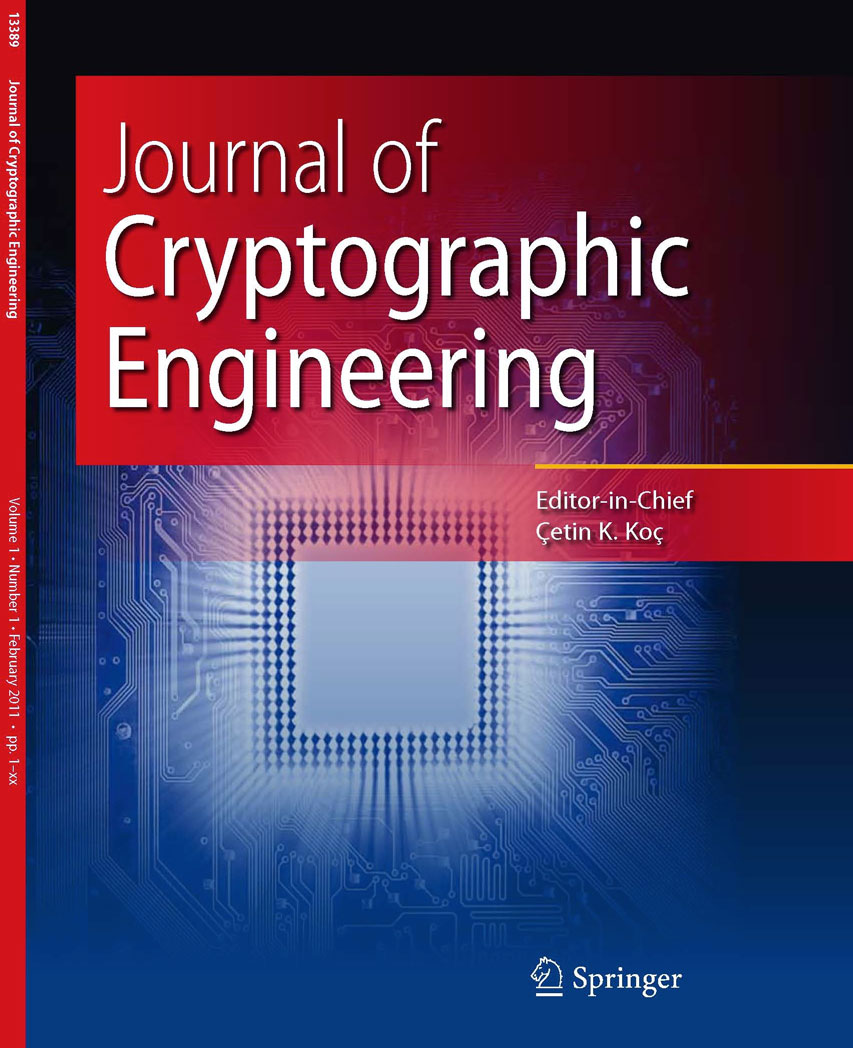
|
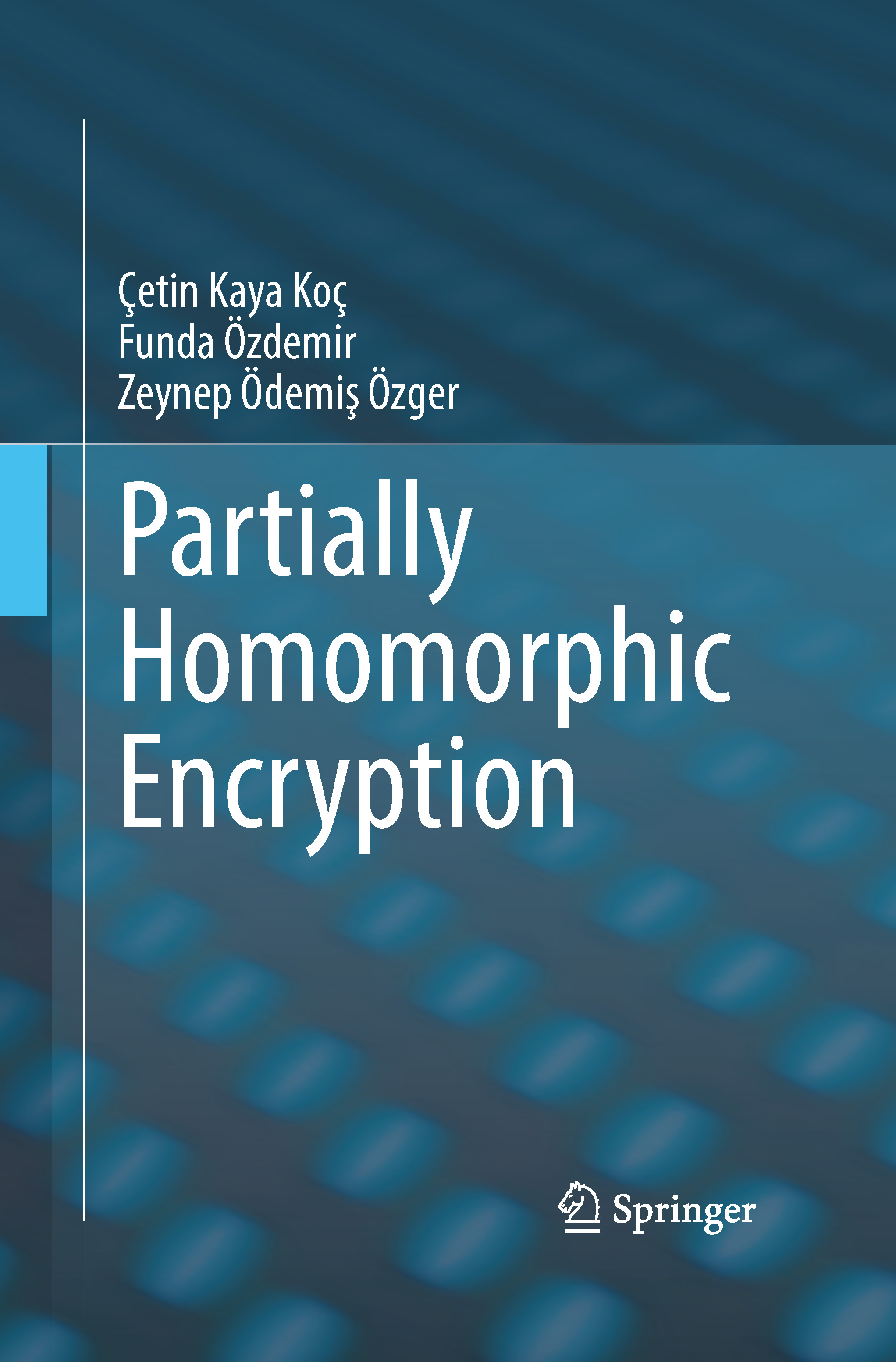
|
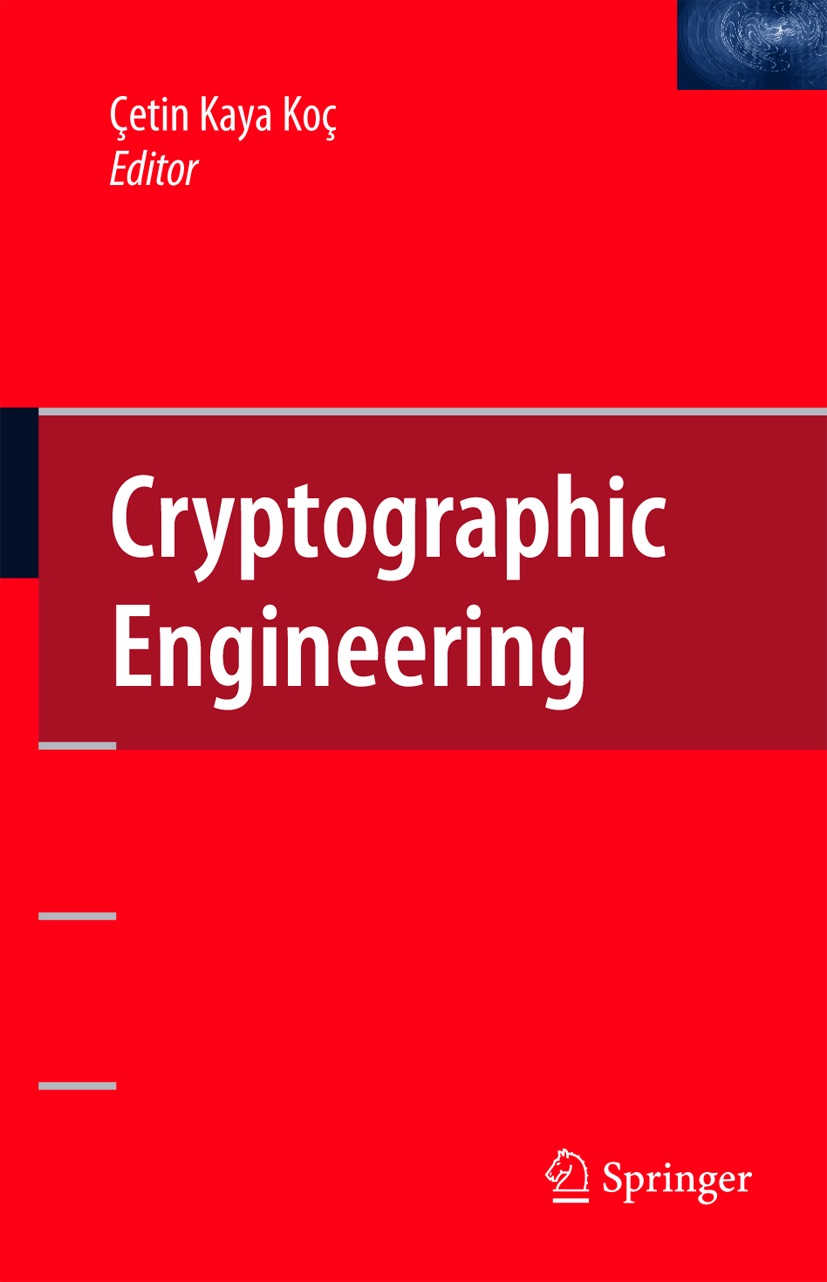
|
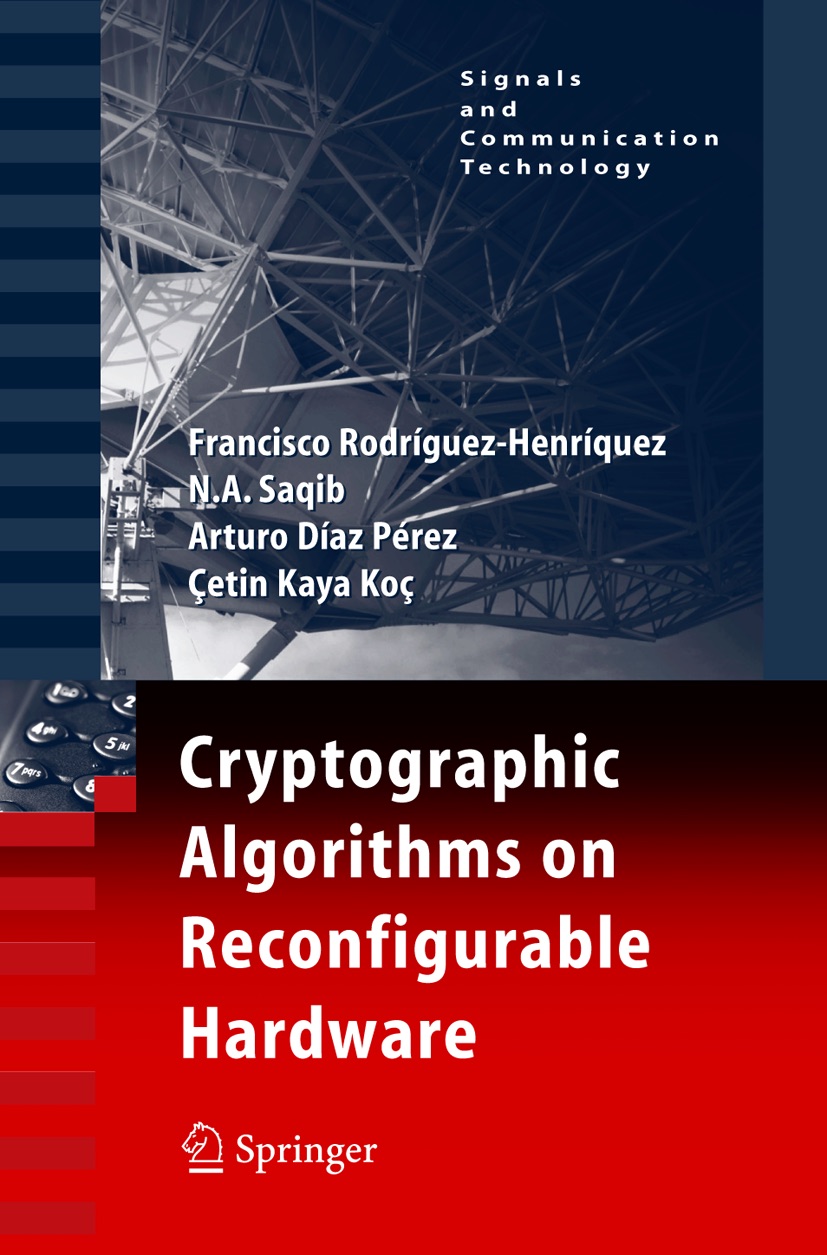
|
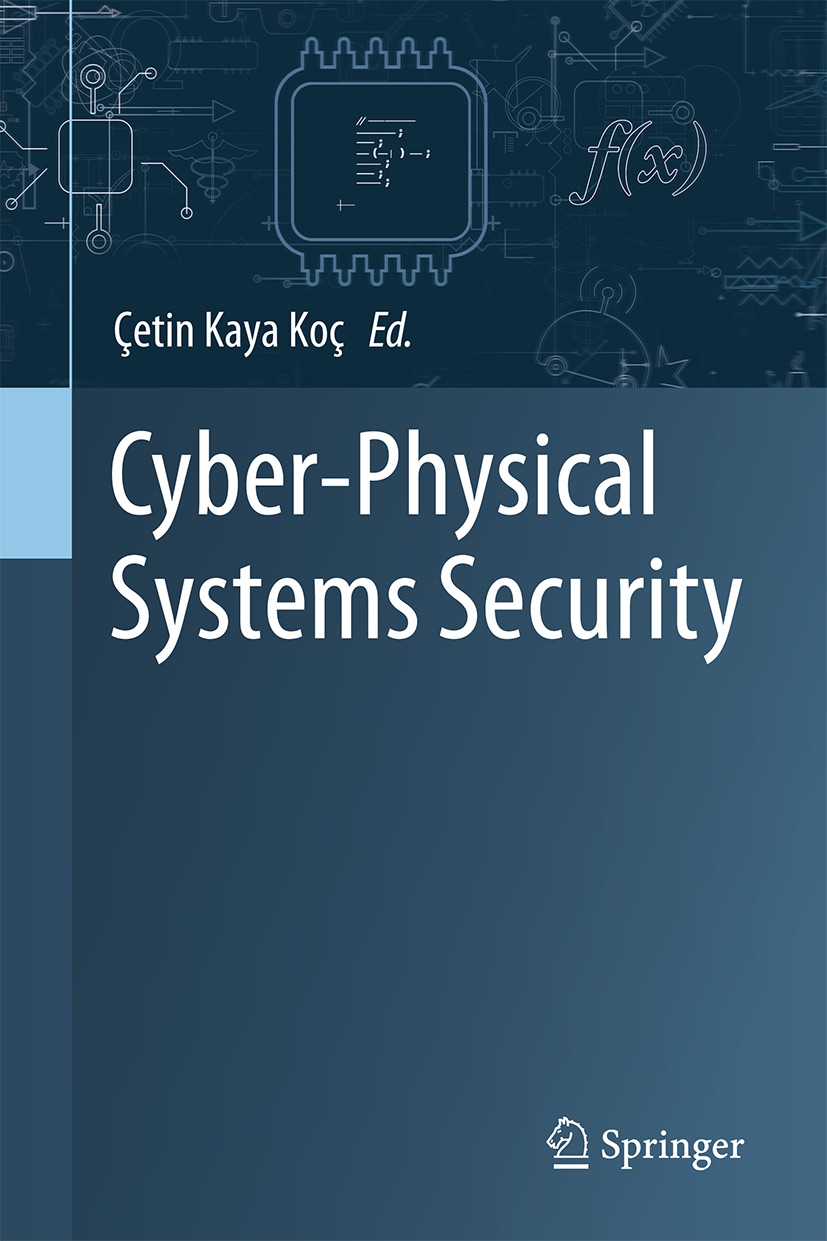
|

|
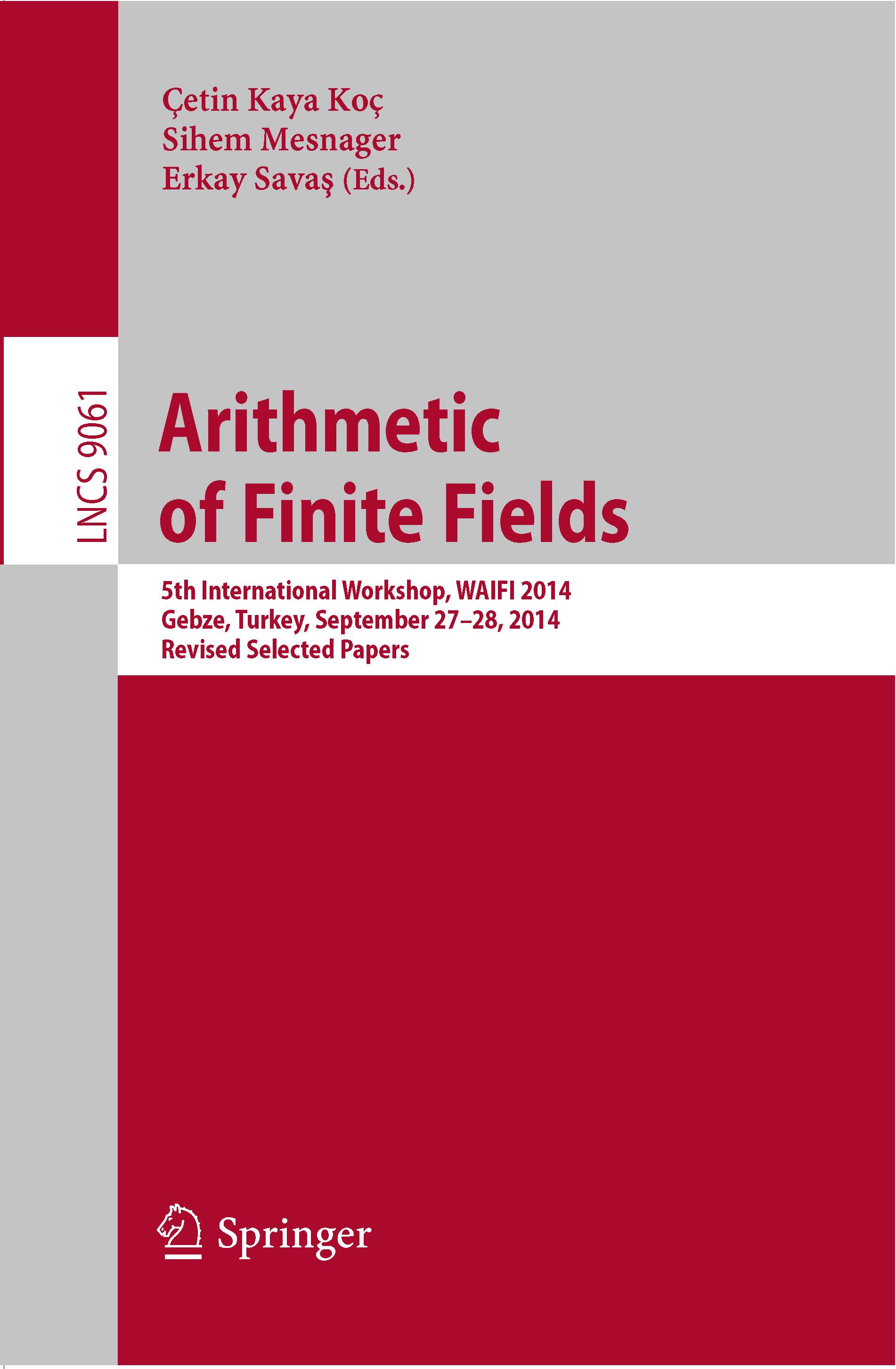
|
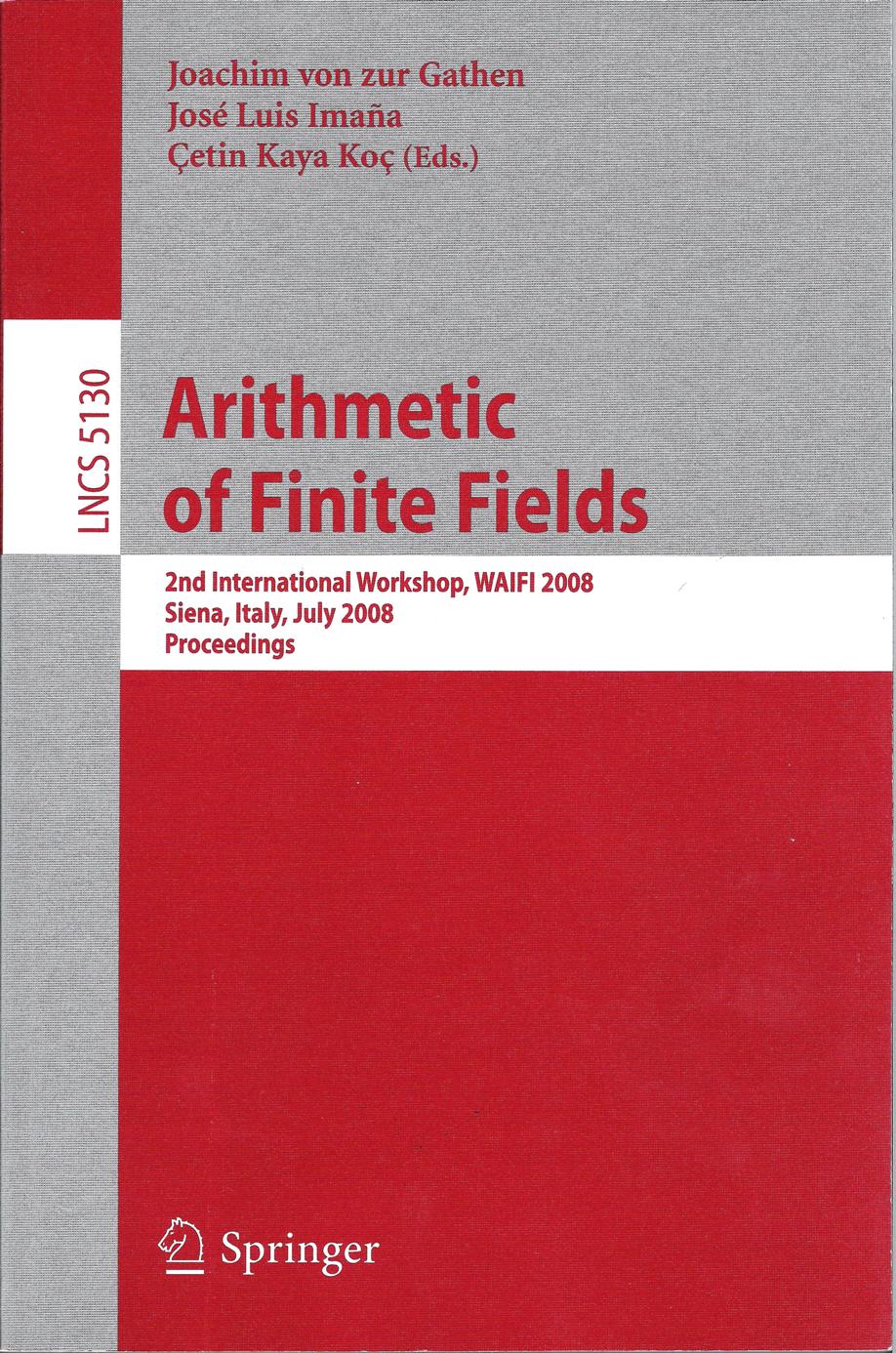
|
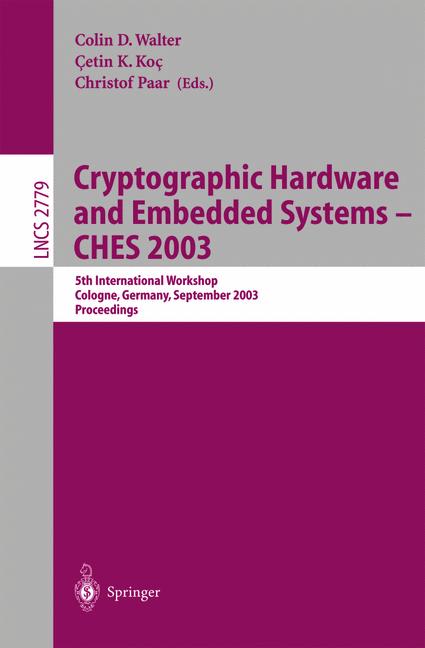
|
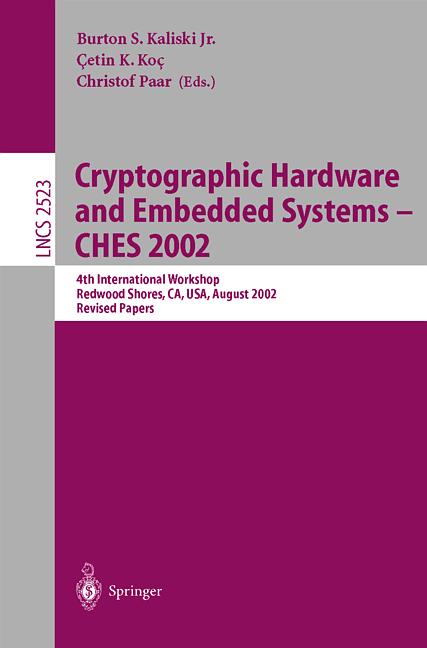
|
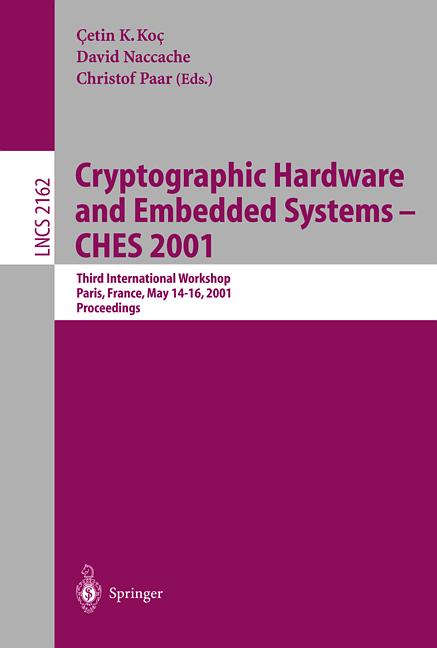
|
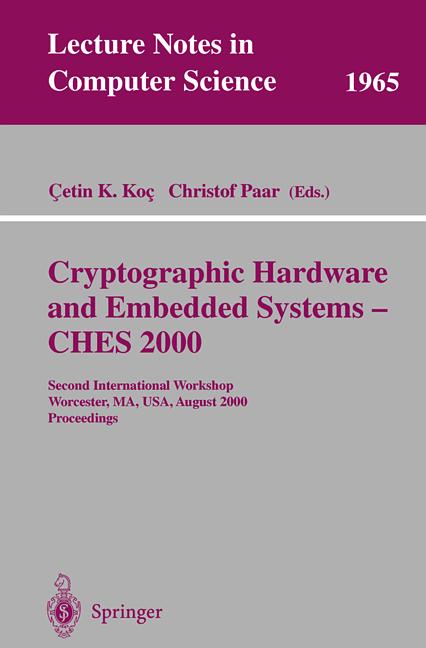
|
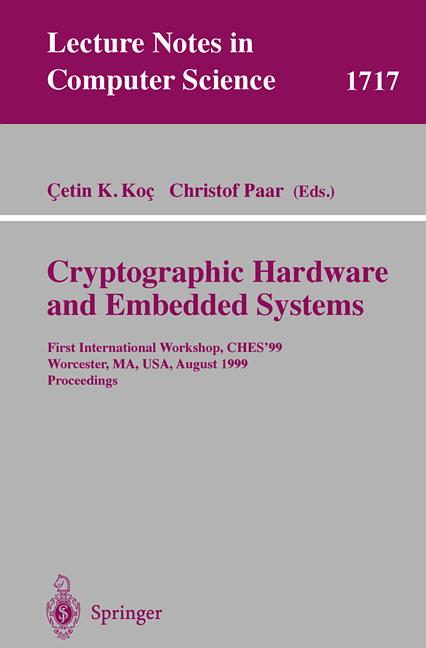
|
| |

| |